Who is 2024 Democratic presidential candidate Robert F. Kennedy Jr.?
The scion of a political family, RFK Jr. says he's sharing 'a populist message'

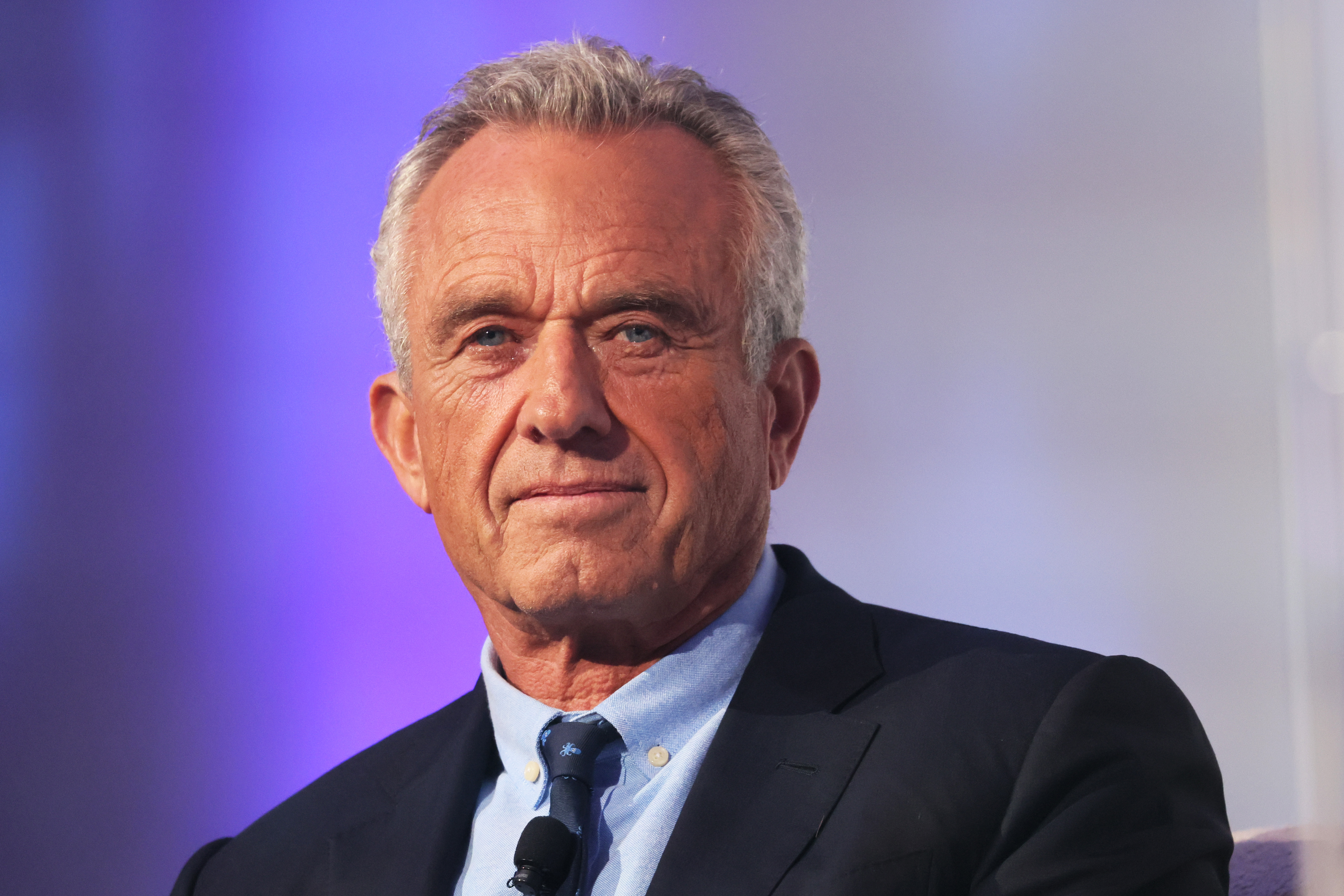
A free daily email with the biggest news stories of the day – and the best features from TheWeek.com
You are now subscribed
Your newsletter sign-up was successful
Robert F. Kennedy Jr. is a member of one of the most influential political families in American history, and that name recognition has followed him throughout his career, first as an environmental lawyer and later as an anti-vaccine crusader.
Now, the 69-year-old is focusing on his latest endeavor: ousting President Biden and becoming the 2024 Democratic presidential nominee. "My message is a populist message," he told The Guardian. "The Republicans are appealing to a populist base and I appeal to the same base. I appeal to working people, middle-class people and the poor."
Tragedy and privilege
The third of 11 children born to Robert and Ethel Kennedy, RFK Jr. saw his father become the U.S. attorney general in 1961 and a senator from New York in 1965. Kennedy was just nine years old when his uncle, President John F. Kennedy, was assassinated in Dallas and 14 when his father, then running for the Democratic presidential nomination, was gunned down in Los Angeles. "It is impossible to imagine both the tragedy and the privilege Kennedy experienced as a child and adolescent," The New Yorker's David Remnick wrote.
The Week
Escape your echo chamber. Get the facts behind the news, plus analysis from multiple perspectives.

Sign up for The Week's Free Newsletters
From our morning news briefing to a weekly Good News Newsletter, get the best of The Week delivered directly to your inbox.
From our morning news briefing to a weekly Good News Newsletter, get the best of The Week delivered directly to your inbox.
As a teen, Kennedy was kicked out of two boarding schools and arrested for marijuana possession, which resulted in a sentence of 13 months probation; he later developed a 14-year addiction to heroin, and said he is "lucky to be alive." At Harvard University, from which he graduated in 1976, Kennedy studied American history and literature. After law school, he became an assistant district attorney for Manhattan.
His stint in that office was short-lived, and he soon embarked on a career in environmental law. He served as an attorney for the Natural Resources Defense Center and led the nonprofit Riverkeeper, an organization that aims to protect New York's Hudson River and its tributaries. In 1999, Time praised Kennedy as a "hero for the planet," and into the 2000s, he was often on the road, traveling to areas where communities were fighting against nuclear power and fracking.
A new crusade
It was during these trips, Kennedy said, that he met women who claimed their autistic children had been harmed by vaccines. He quickly became one of the leading voices in the anti-vaccine movement and penned an article for Rolling Stone and Salon that claimed there were links between autism and the thimerosal compound found in vaccines. This essay was "torn apart by researchers and journalists who identified multiple errors and seemingly deliberate instances of Kennedy slicing and dicing transcripts and research to prove his conspiracy theory: that vaccines caused autism and 'they' were trying to cover it up," NBC News' Brandy Zadrozny wrote.
Kennedy has told numerous journalists that he is not against vaccines. But he's the chairman of the Children's Health Defense, the largest anti-vaccine organization in the United States, and was banned from Instagram in 2021 for spreading misinformation. He has speculated that a flu vaccine might have caused him to develop spasmodic dysphonia, a rare neurological disorder that affects the larynx, and recently made several comments about vaccines and Covid-19 that earned rebukes from members of his family, including his suggestion that Covid may have been a bioweapon designed to spare Jews and Chinese people.
A free daily email with the biggest news stories of the day – and the best features from TheWeek.com
There have long been rumblings that he might consider jumping into politics, but it wasn't until Kennedy's third wife, actress Cheryl Hines, gave her blessing earlier this year that Kennedy decided it was time. "My wife would never let me run just to make a point," he said. Kennedy has also cited strong internal polling, and told NBC News that the "astonishing" numbers convinced him to enter the race; he has not publicly shared that data.
Kennedy's views on vaccines "put him at odds with most Americans, particularly Democrats," Zadrozny wrote, and his most vocal supporters are an eclectic mix of ideologues, including "anti-vaxxers, conspiracy theorists, internet contrarians, billionaire tech bros, Camelot nostalgists, and right-wing provocateurs who seem to be pumping Kennedy as a spoiler candidate." The polling also shows he's doing better with Republicans; FiveThirtyEight found that in seven out of eight recent polls, Kennedy's net favorability rating is higher among Republicans than Democrats.
He's critical of the Democratic Party, calling it "the party of a pugnacious neocon-driven foreign policy and a Wall Street-driven domestic policy," but said he's not interested in running as a Republican. "I'm something old," he told The New Yorker. "I'm a Kennedy Democrat. I believe in labor unions. I believe in a strong, robust middle class. I believe in racial justice, in policies that are going to actually help the lowest people on the totem pole."
Catherine Garcia has worked as a senior writer at The Week since 2014. Her writing and reporting have appeared in Entertainment Weekly, The New York Times, Wirecutter, NBC News and "The Book of Jezebel," among others. She's a graduate of the University of Redlands and the Columbia University Graduate School of Journalism.
-
 How the FCC’s ‘equal time’ rule works
How the FCC’s ‘equal time’ rule worksIn the Spotlight The law is at the heart of the Colbert-CBS conflict
-
 What is the endgame in the DHS shutdown?
What is the endgame in the DHS shutdown?Today’s Big Question Democrats want to rein in ICE’s immigration crackdown
-
 ‘Poor time management isn’t just an inconvenience’
‘Poor time management isn’t just an inconvenience’Instant Opinion Opinion, comment and editorials of the day
-
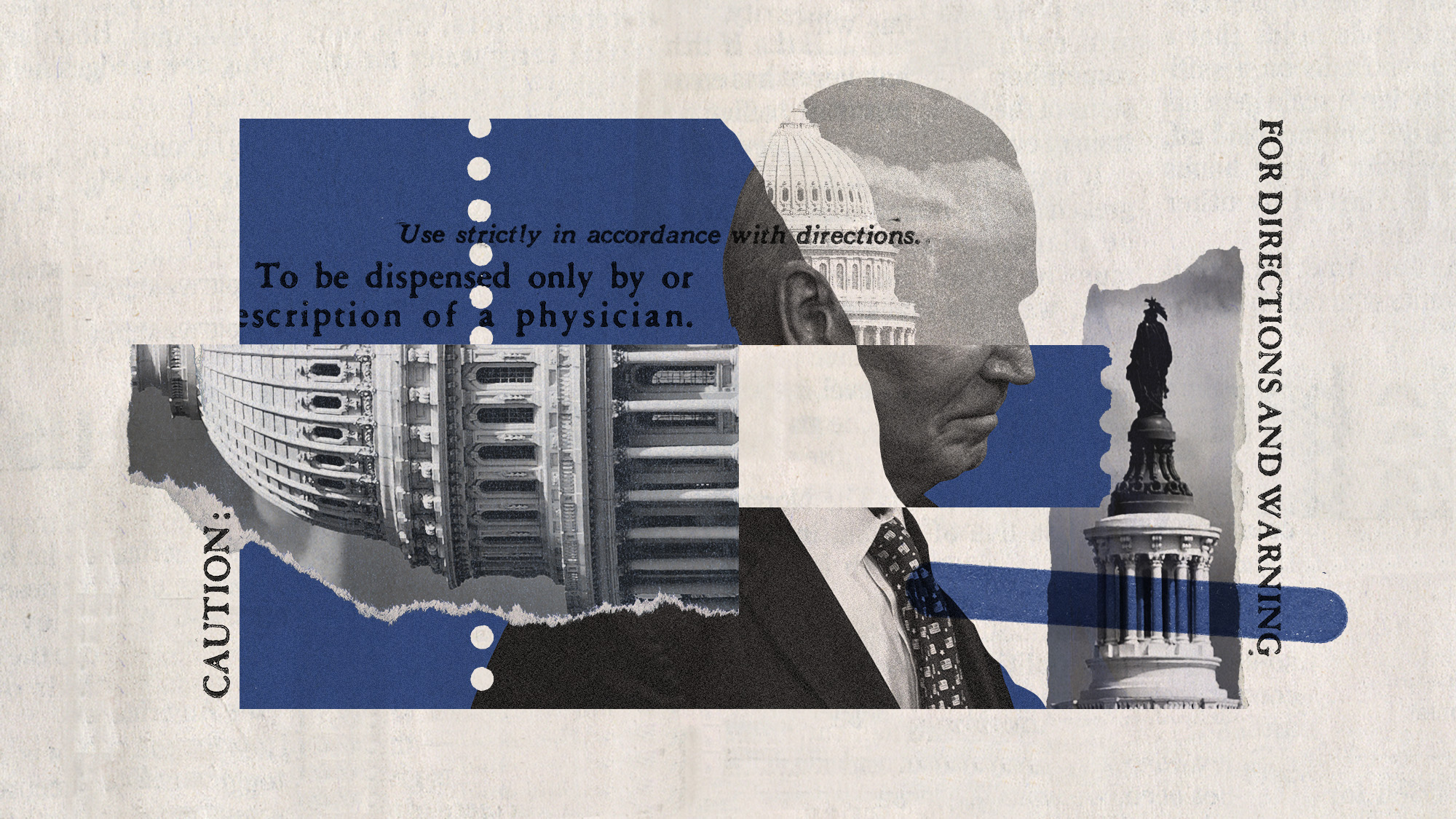 Democrats grapple with Biden cover-up fallout ahead of 2028
Democrats grapple with Biden cover-up fallout ahead of 2028IN THE SPOTLIGHT Even before his cancer diagnosis, Dems have been grappling with whether the White House's alleged effort to hide Biden's failing health is worth relitigating
-
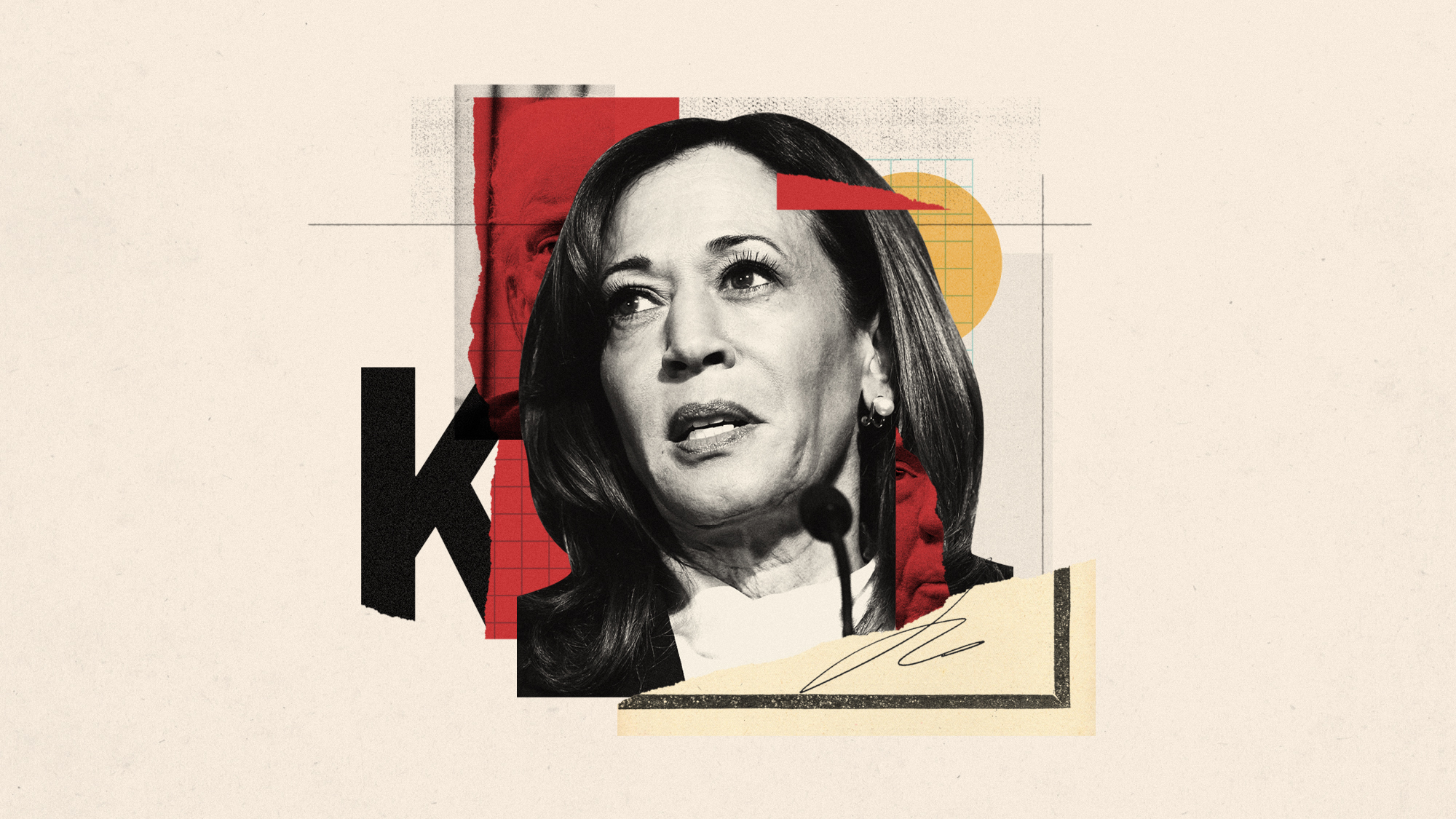 Kamala Harris steps back on center stage
Kamala Harris steps back on center stageIN THE SPOTLIGHT In her first major speech since Donald Trump took office, the former presidential candidate took solid aim at this administration as speculation grows about her future
-
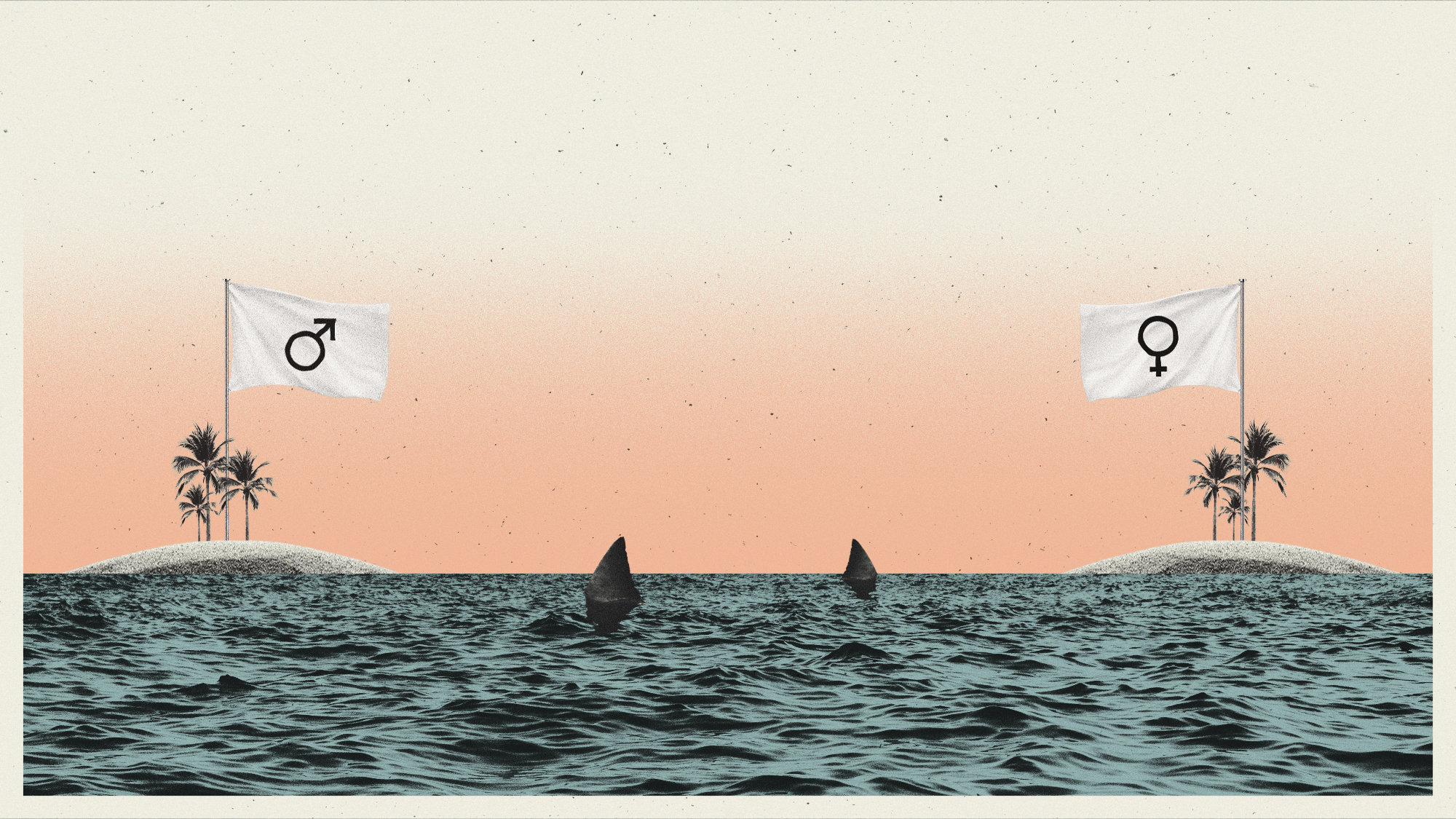 2024: the year of the gender divide
2024: the year of the gender divideIn the Spotlight A growing ideological rift between young men and women was felt on a global scale this year
-
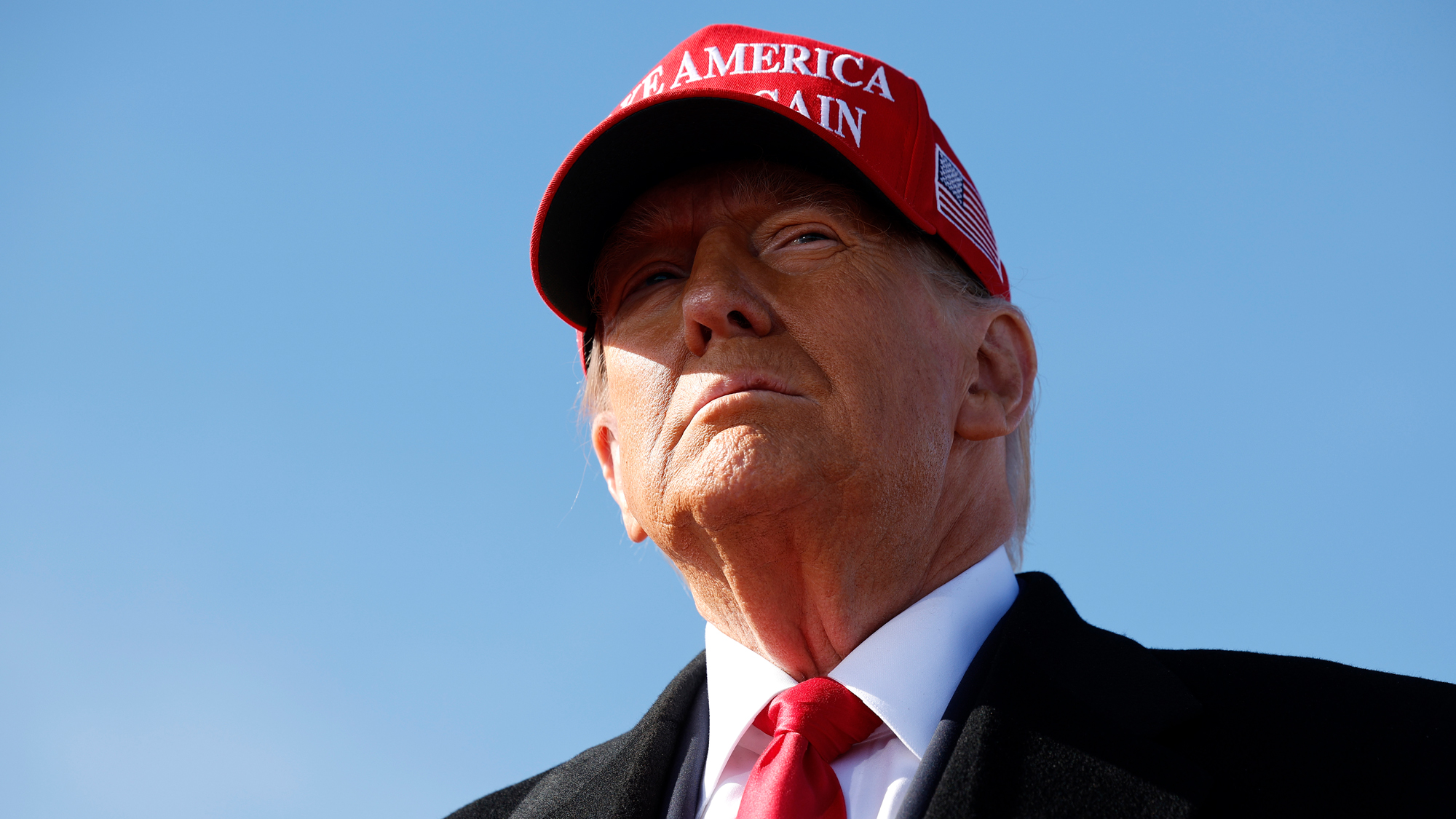 An abject apology to Dear Leader
An abject apology to Dear LeaderOpinion My red-pilled new perspective on Donald J. Trump
-
 'This needs to be a bigger deal'
'This needs to be a bigger deal'Instant Opinion Opinion, comment and editorials of the day
-
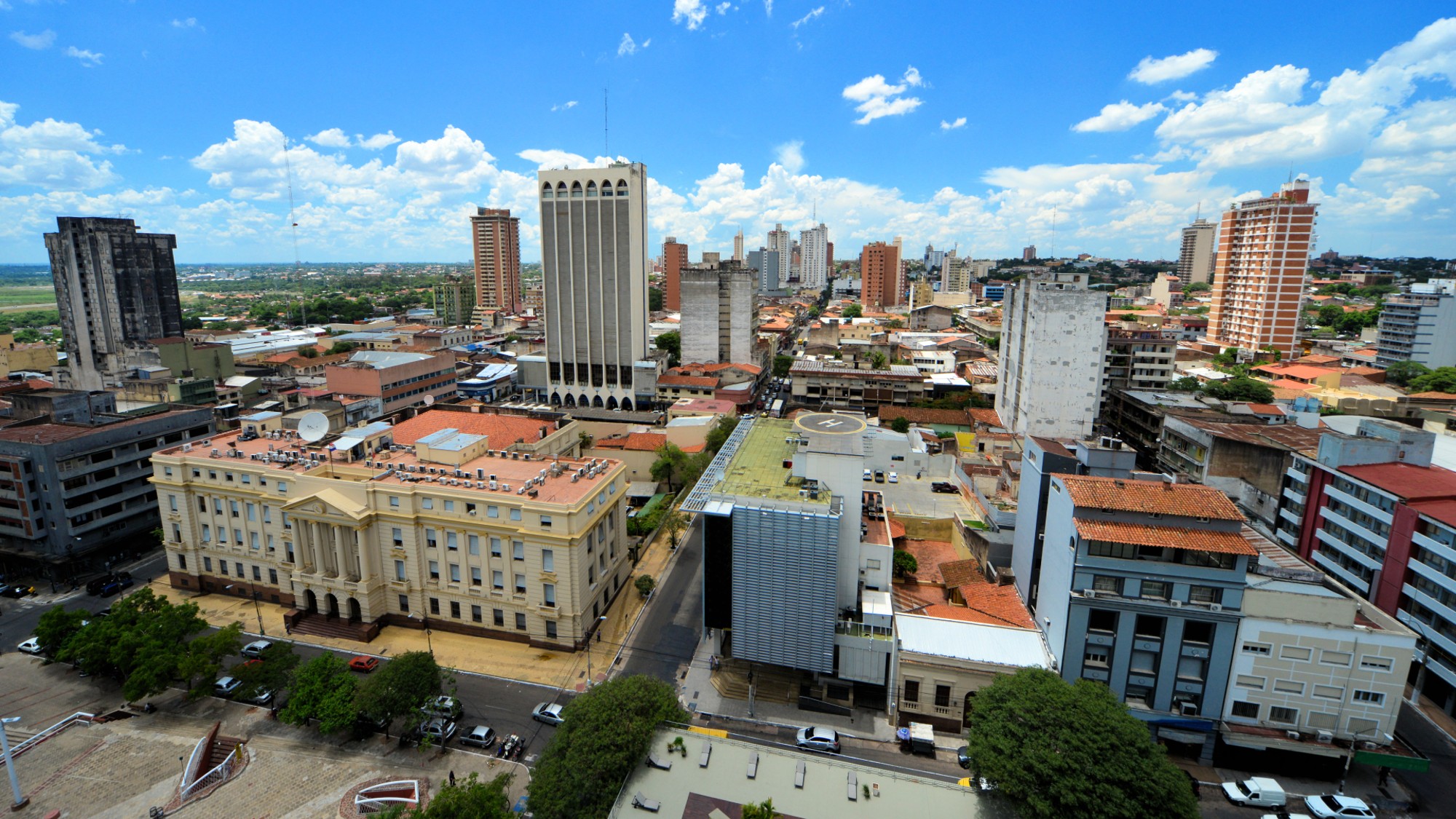 'Paraguay has found itself in a key position'
'Paraguay has found itself in a key position'Instant Opinion Opinion, comment and editorials of the day
-
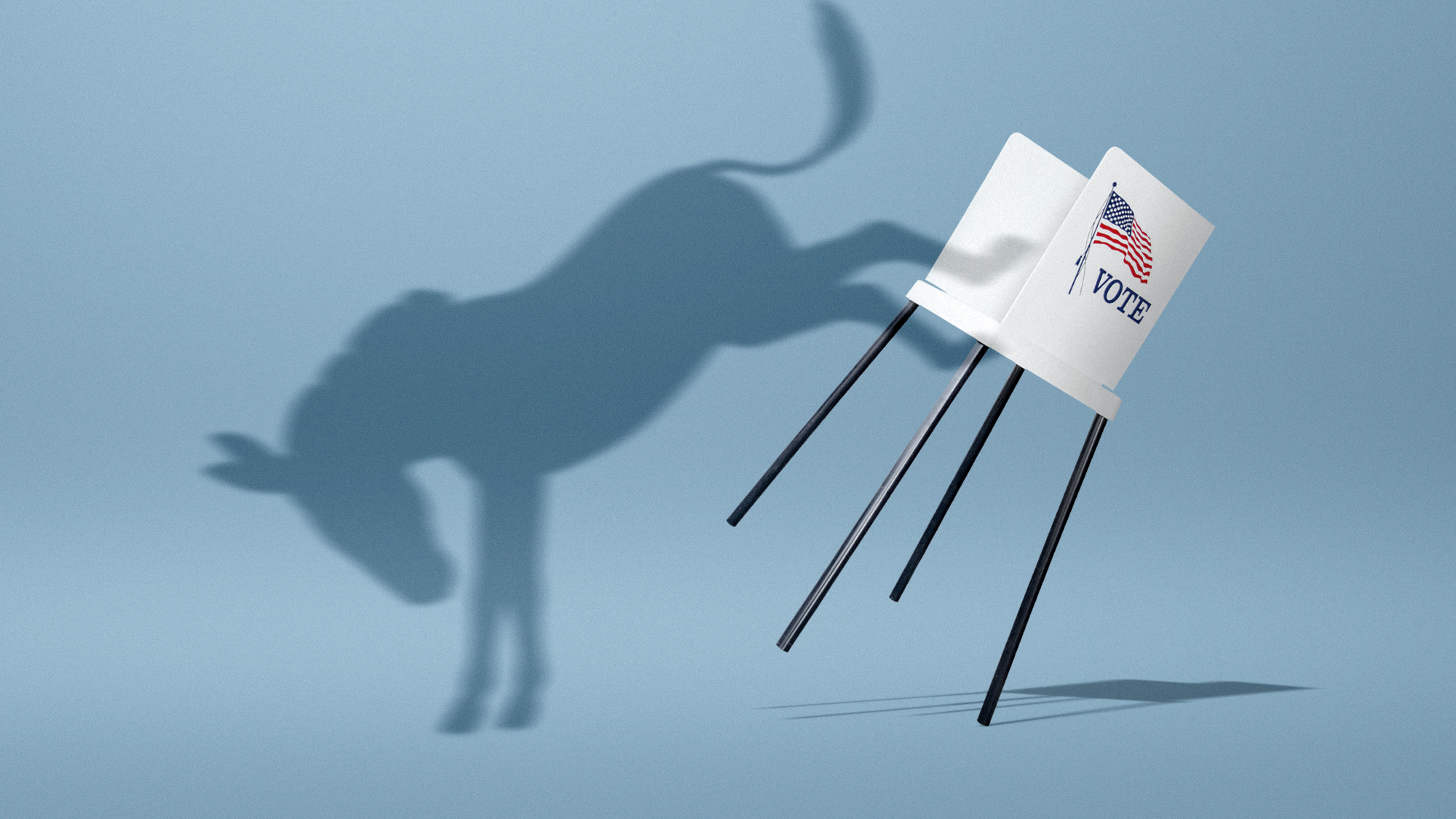 Where did Democratic voters go?
Where did Democratic voters go?Voter turnout dropped sharply for Democrats in 2024
-
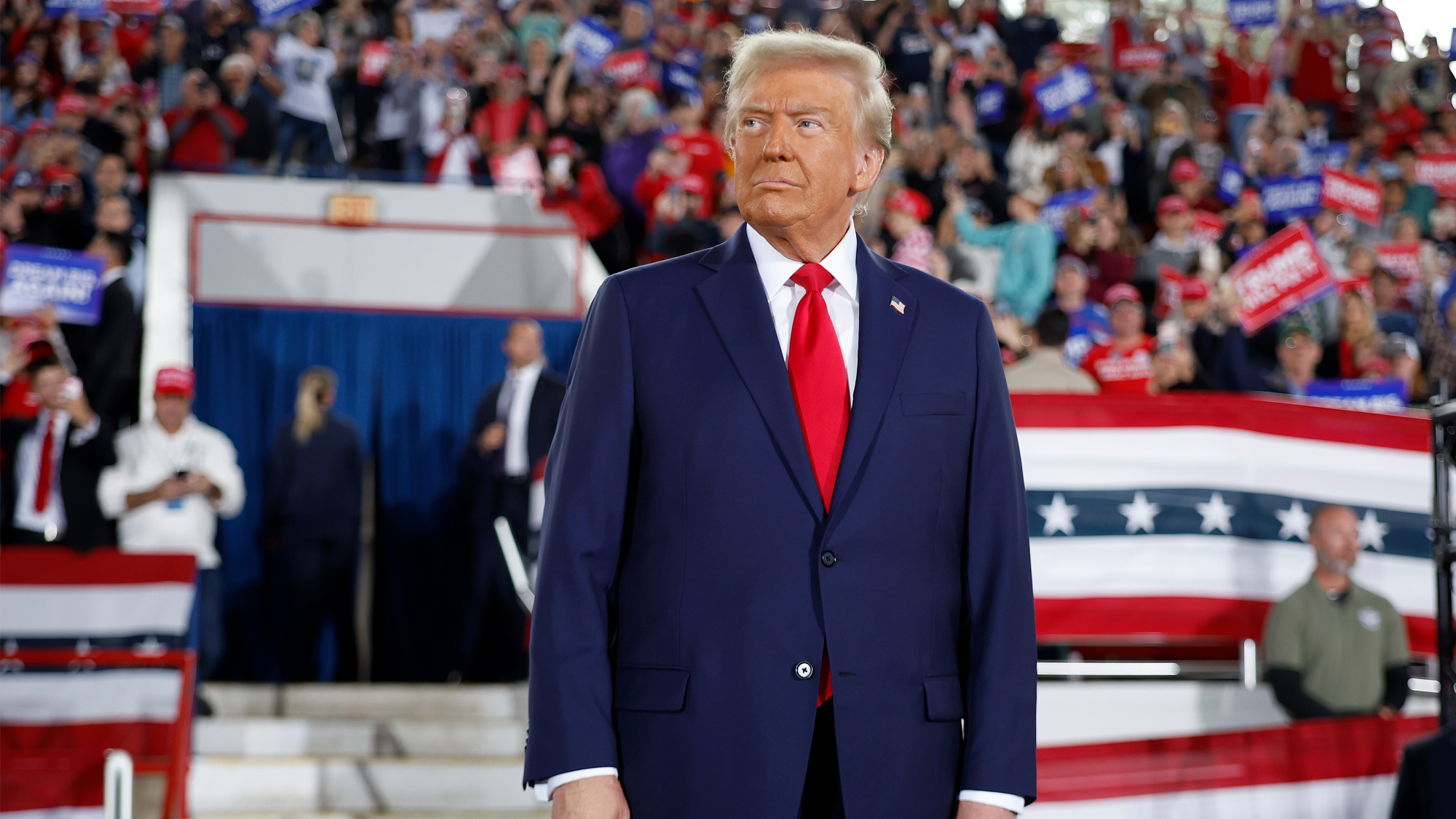 Team of bitter rivals
Team of bitter rivalsOpinion Will internal tensions tear apart Trump's unlikely alliance?
